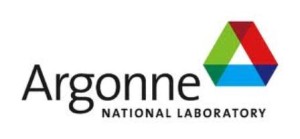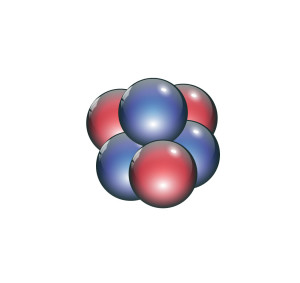Hyo-Jun Ahn
School of Materials Science and Engineering,
Gyeongsang National University, Jinju, KOREA
The lithium/sulfur battery has a high theoretical specific energy of 2600Wh/kg, which has been a strong incentive for next generation battery. However, it is difficult to obtain high utilization and long cycle life because of insulating nature of sulfur and solubility of lithium polysulfides in organic electrolytes. These problems could be overcome by optimization of sulfur electrode structure and electrolytes. In this presentation, I will review the previous approaches and report my recent results such as rate capability and cycling property using sulfur-carbon nanocomposite cathode and modified electrolytes.









